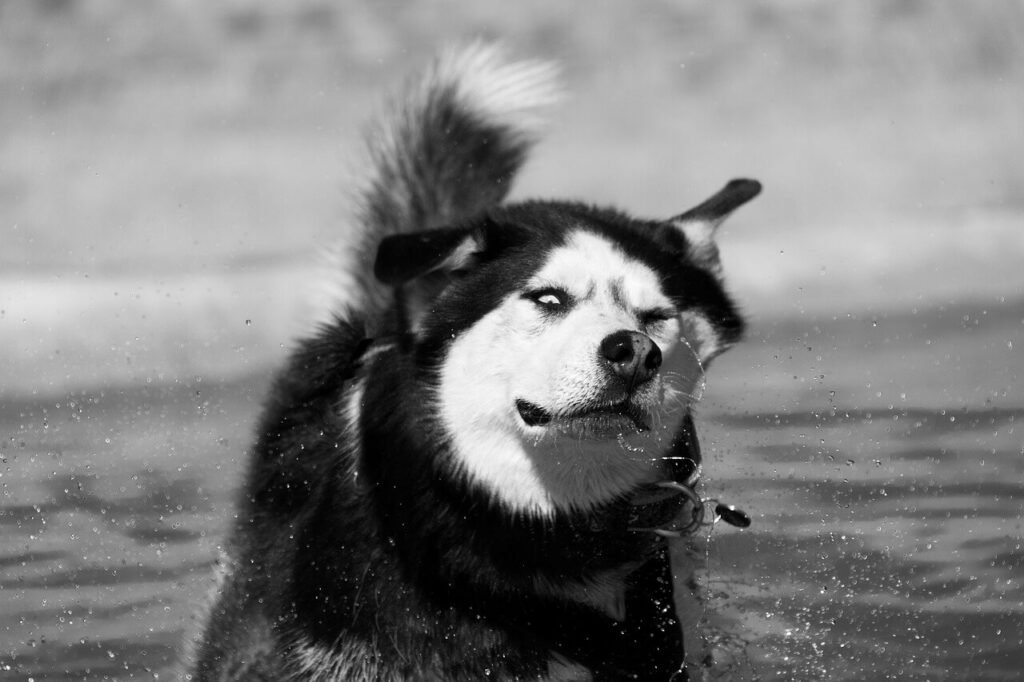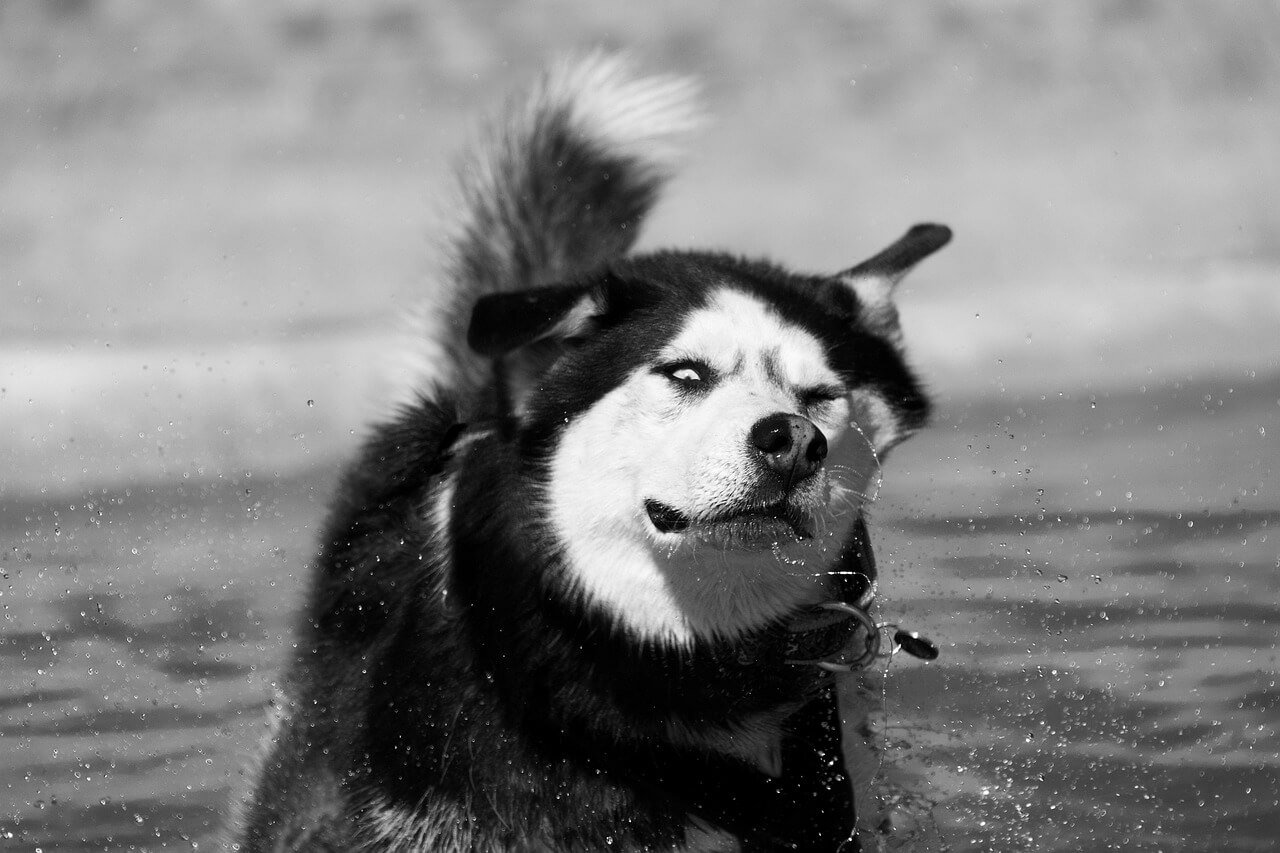Understanding a Dogs Chipped Tooth: What Every Pet Owner Should Know
A dog’s chipped tooth might seem like a minor issue at first glance, but it can have significant implications for their health and well-being. Dogs are naturally curious and playful creatures, often using their mouths to explore the world around them. This adventurous behavior, while adorable, can sometimes lead to dental injuries such as a chipped or broken tooth. As a pet owner, understanding the causes, symptoms, and treatment options for this condition is crucial.
Not only does it help you provide better care for your furry friend, but it also ensures their long-term comfort and happiness. In this blog post, we will delve into everything you need to know about a dog’s chipped tooth, from prevention to professional care.
Common Causes of a Chipped Tooth in Dogs
Dogs are energetic and often use their teeth for more than just eating. From chewing on toys to gnawing on hard objects, their teeth endure a lot of wear and tear. Here are some common reasons why a dog might chip a tooth:
Chewing on Hard Objects:
Dogs love to chew, but not all objects are safe for their teeth. Rocks, bones, and hard plastic toys can cause fractures.Accidents or Trauma:
Falls, collisions, or other accidents can result in a chipped tooth, especially if the impact affects the mouth area.Aggressive Chewing Behavior:
Some dogs chew with excessive force, which increases the risk of damaging their teeth over time.Poor Dental Health:
Teeth weakened by decay or gum disease are more prone to chipping even with minimal pressure.Genetic Factors:
Certain breeds are predisposed to dental issues due to the structure of their teeth or jaw.
While these causes vary, they all highlight the importance of monitoring your dog’s habits and environment to minimize risks. By being proactive, you can help protect your pet’s dental health and prevent unnecessary injuries.
Signs Your Dog May Have a Chipped Tooth
Identifying a chipped tooth in your dog isn’t always straightforward, as they can’t verbally communicate their discomfort. However, there are several signs that may indicate a dental issue:
Excessive Drooling:
Unusual drooling can be a sign of pain or irritation in the mouth.Difficulty Eating:
If your dog hesitates to eat or seems uncomfortable while chewing, it could indicate a dental problem.Bad Breath:
A sudden change in breath odor might suggest an infection or decay related to the chipped tooth.Pawing at the Mouth:
This behavior often signals discomfort or pain in the oral cavity.Visible Damage:
In some cases, you may notice the chip or fracture directly by inspecting your dog’s teeth.
Recognizing these signs early can make a big difference in addressing the issue promptly. If you observe any of these symptoms, consult your veterinarian for a thorough examination.
Check this guide 👉Dog Tooth Abscesses: Best 7 Expert Tips!
Check this guide 👉Dog Tooth Fell Out No Blood: Best 7 Causes & Care Tips!
Check this guide 👉Understanding the Cost of Dog Tooth Extraction: Best 7 Tips!

Preventive Measures | Treatment Options |
|---|---|
Provide safe chew toys | Veterinary dental exam |
Avoid hard objects like bones | Tooth extraction (if necessary) |
Regular dental check-ups | Dental bonding or crown placement |
Brush your dog’s teeth regularly | Antibiotics for infections |
Monitor playtime activities | Pain management medications |
How to Prevent a Chipped Tooth in Dogs
Prevention is always better than cure, especially when it comes to your dog’s dental health. While accidents can happen, there are several measures you can take to reduce the likelihood of a chipped tooth:
Choose Safe Chew Toys:
Opt for soft, flexible toys designed specifically for dogs to minimize the risk of dental damage.Supervise Playtime:
Keep an eye on your dog during outdoor activities to ensure they don’t chew on harmful objects like sticks or rocks.Avoid Hard Treats:
Treats like antlers or hard bones can be too tough for your dog’s teeth and should be avoided.Regular Dental Care:
Brush your dog’s teeth regularly and schedule routine cleanings with your vet to maintain strong, healthy teeth.Educate Yourself About Breed Risks:
Understand if your dog’s breed is prone to dental issues and take extra precautions accordingly.
By implementing these preventive strategies, you can significantly lower the chances of your dog experiencing a chipped tooth.
What to Do If Your Dog Chips a Tooth
Discovering that your dog has chipped a tooth can be alarming, but staying calm and taking the right steps is essential. Here’s what you should do:
Assess the Situation:
Check your dog’s mouth gently to determine the extent of the damage, but avoid causing further discomfort.Contact Your Veterinarian:
Schedule an appointment as soon as possible to get professional advice and treatment.Monitor for Symptoms:
Keep an eye out for signs of pain, swelling, or changes in behavior that might indicate complications.Provide Soft Food:
Switch to soft, easy-to-chew food until your dog receives proper care to prevent additional strain on the injured tooth.Follow Veterinary Recommendations:
Adhere to your vet’s instructions regarding treatment and aftercare to ensure a smooth recovery.
Taking prompt action can help mitigate potential complications and ensure your dog heals properly.
The Role of Diet in Dental Health
A dog’s diet plays a crucial role in maintaining strong teeth and preventing dental injuries like chipped teeth. Feeding your dog the right foods not only supports their overall health but also minimizes the risk of dental issues. Here are some dietary considerations to keep in mind:
Avoid Hard Kibble:
Extremely hard kibble can put unnecessary pressure on your dog’s teeth, increasing the risk of chips or fractures.Incorporate Soft Foods:
Adding soft, nutritious foods to your dog’s diet can reduce strain on their teeth while still providing essential nutrients.Include Dental Chews:
Dental chews designed to clean teeth and strengthen enamel can be a safe alternative to hard objects.Limit Sugary Treats:
Sugary snacks can lead to decay, weakening the teeth and making them more prone to damage.Provide Balanced Nutrition:
A diet rich in calcium and phosphorus supports strong teeth and bones, reducing the likelihood of fractures.
By paying attention to your dog’s diet, you can help protect their teeth from unnecessary wear and tear. A balanced diet is one of the simplest yet most effective ways to promote long-term dental health.
When to Seek Emergency Care for a Chipped Tooth
While not all chipped teeth require immediate attention, some situations warrant emergency care to prevent complications. Knowing when to act quickly can save your dog from unnecessary pain and suffering. Here are scenarios that call for urgent veterinary intervention:
Exposed Nerve or Pulp:
If the inner part of the tooth is visible, it can lead to severe pain and infection if left untreated.Excessive Bleeding:
Bleeding from the mouth could indicate a more serious injury that needs professional care.Signs of Infection:
Swelling, pus, or a foul odor may suggest an infection that requires antibiotics or other treatments.Difficulty Breathing or Swallowing:
These symptoms could indicate trauma beyond the tooth, such as damage to the jaw or throat.Sudden Behavioral Changes:
Unexplained aggression, lethargy, or refusal to eat may signal significant discomfort or pain.
In any of these cases, contacting your veterinarian immediately is essential. Timely intervention can prevent further complications and ensure your dog’s swift recovery.
Long-Term Effects of Untreated Chipped Teeth
Ignoring a chipped tooth can lead to serious consequences for your dog’s health. While it might seem minor at first, untreated dental injuries can escalate into more severe problems over time. Here are some potential long-term effects:
Chronic Pain:
A chipped tooth can cause ongoing discomfort, affecting your dog’s mood and behavior.Tooth Decay and Cavities:
Exposed areas of the tooth are more vulnerable to bacteria, leading to decay and cavities.Gum Disease:
Chips can create gaps where food particles and bacteria accumulate, increasing the risk of gum infections.Systemic Infections:
Untreated dental infections can spread to other parts of the body, such as the heart or kidneys, posing life-threatening risks.Loss of the Tooth:
Without proper treatment, the damaged tooth may eventually need to be extracted, leaving a gap in your dog’s mouth.
Addressing a chipped tooth early is the best way to avoid these complications. By prioritizing your dog’s dental health, you can ensure they remain happy, healthy, and pain-free for years to come.
FAQ
Can a dog’s chipped tooth heal on its own?
Unfortunately, a chipped tooth cannot heal on its own. The enamel doesn’t regenerate, and untreated chips can lead to infections or further damage.
How much does it cost to treat a chipped tooth in dogs?
Costs vary depending on the severity of the injury and the treatment required, ranging from 100 for minor repairs to over 1,000usd for extractions or crowns.
Is a chipped tooth painful for my dog?
Yes, it can be painful, especially if the nerve is exposed or if an infection develops.
Can I brush my dog’s teeth if they have a chipped tooth?
It’s best to avoid brushing the affected area until your vet examines it, as it may cause additional discomfort.
How can I tell if my dog’s chipped tooth is infected?
Signs of infection include swelling, pus, bad breath, and changes in eating habits. Consult your vet immediately if you suspect an infection.
Conclusion: Prioritizing Your Dog’s Dental Health
A chipped tooth in dogs is more than just a cosmetic issue—it can affect their overall health and quality of life. By staying informed about the causes, symptoms, and treatment options, you can ensure your furry companion receives the care they need. Remember, prevention plays a vital role, so invest in safe toys, regular dental check-ups, and proper oral hygiene. If your dog does chip a tooth, don’t panic—seek professional help promptly to address the problem effectively. With your love and attention, your dog can enjoy a happy, healthy life free from dental discomfort.
Do Cats Have Taste Buds? Best 7 Expert Tips! – Discover how cats experience flavors and why their taste is so unique.
Do Dogs Have Taste Buds? Best 7 Expert Tips! – Discover how dogs experience taste, their preferences, and what it means for their diet and health.
Can Cats Taste Sweet? Best 7 Expert Tips! – Discover why cats can’t taste sweetness, how it affects their diet, and tips to keep them healthy and happy.
Can Dogs Taste Sweet? Best 7 Expert Tips! – Discover how dogs perceive sweetness, which foods are safe, and tips to manage their sweet cravings responsibly.





